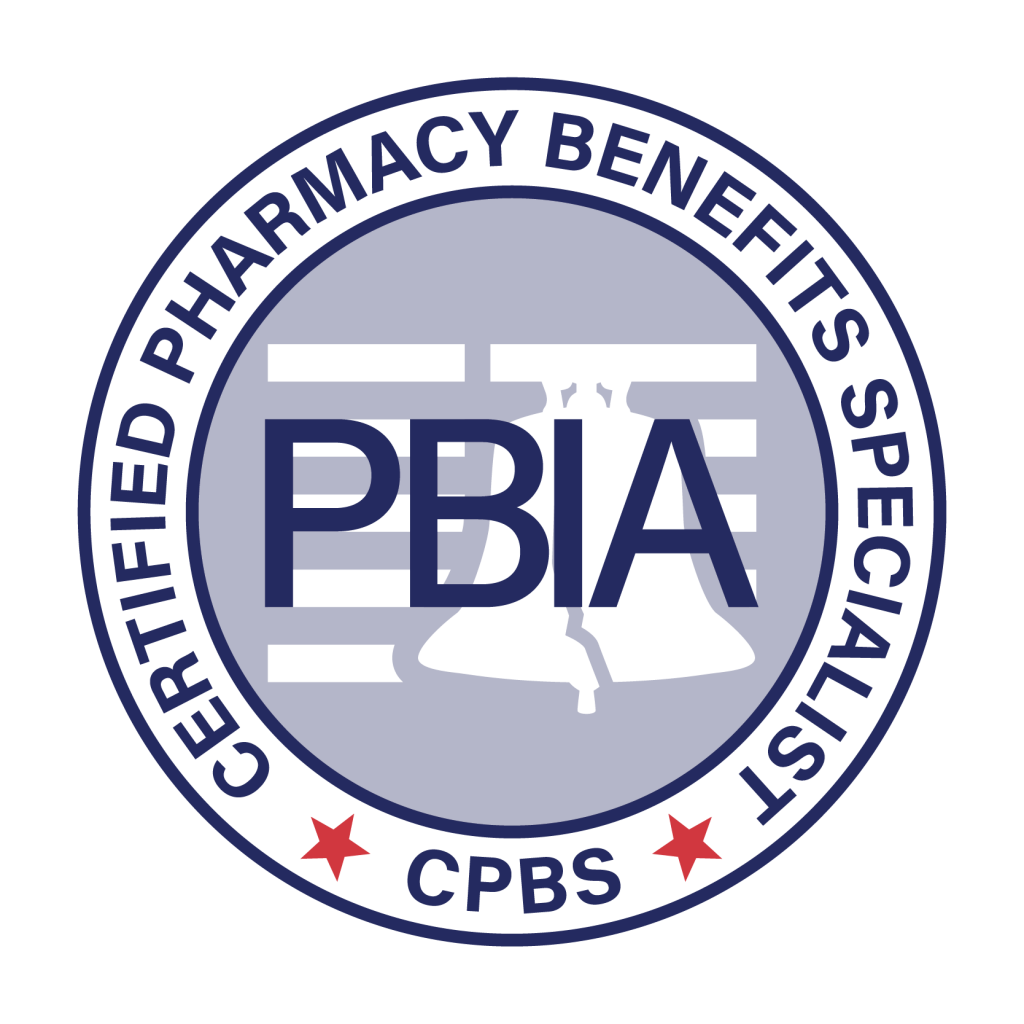2023 Large Employers’ Health Care Strategy and Plan Design Survey and other notes from around the interweb:
- 2023 Large Employers’ Health Care Strategy and Plan Design Survey. The recently reported, 2023 Large Employers’ Health Care Strategy and Plan Design Survey, released by the Business Group on Health, surveyed 135 large employers that covered more than 18 million people. Respondents were contacted between May 31, 2022, and July 13, 2022. Affordability remains a top concern for employers. It is one they haven’t been as successful in addressing via remediation and negotiation efforts when compared to other areas of patient engagement, including experience, access, and quality. Employers will continue to assert market influence in addressing affordability with their partners. However, they are also keenly focused on policy efforts regarding affordability. For this reason, lowering health care costs and prescription drug expenses and making more affordable coverage possible are among employers’ top future health care reform priorities. Employers are particularly concerned about both the affordability of maintenance medications and newer gene therapies.
- Six Things to Look Out for Within the Rebates Section of Your Pharmacy Benefit Management Contract. Prior to signing your Pharmacy Benefit Management (PBM) contract, it’s essential to pay particularly close attention to the pharmacy services that provide cost-containment strategies. One vital component you should focus on is the rebate administration. Today, we are sharing six areas within the rebate section of your PBM contract, to help you maximize savings and mitigate risk.
- How specialty drug ‘solution stacking’ can rein in pharmacy benefit costs. Brokers and employer groups alike know that 5% to 10% percent of insured workers and their dependents drive 50% to 60% of the cost of pharmacy claims. A few members with prescriptions for a specialty drug with a five-figure price tag can easily represent most of an entire group’s pharmacy spend. These drugs are often lifesaving or provide a dramatic quality of life improvement for those who take them. No one would question the necessity of using them. But when a group can mitigate some of the cost without affecting the clinical outcome, it can be a game changer. The broker who unlocks these savings becomes a trusted ally.
- 3 reasons why owning pharmacy benefits data matters. The Federal Trade Commission is pushing PBMs for greater transparency to help employers take control of their prescription costs. But what is transparency without access to plan data or performance analytics? Currently, employers are disempowered because too many don’t own their data, must pay extra to get access to what should already be theirs, or only receive partial access. These PBM practices of obscuring data have led to significant distrust from all stakeholders. To fix a broken system, the data being hidden by these third parties needs to be freed to provide employers and plan members with the information they need to find the path to lower costs.
